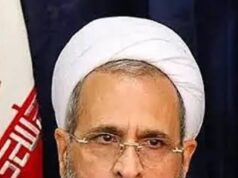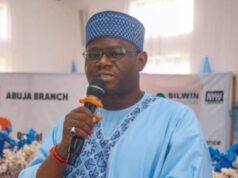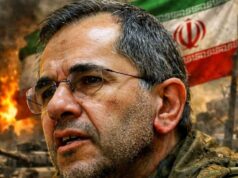
Vice President Yemi Osinbajo has made it clear that the devolution of more power to the states will enable them control more of their resources and make more of their own administrative decisions such as creation of Local Governments; state and community police, including the state prisons; creation of special courts and tribunals of equivalent jurisdiction to high courts.
Professor Osinbajo, who spoke today, Saturday, at the third Anniversary of the 8th Assembly of the Lagos State House of Assembly, stressed: “thepoint I am making is that states must have more powers and more rights.”
He said that he had decided to choose a topic: ‘Stronger states and the eradication of poverty’ because of the recognition of the fact that the legislature is no longer, in modern democracies, an island, adding that it is the crucial gateway and interlocutor to the most important concerns of the electorates.
“In our case, the Nigerian electorate and those concerns revolve around simple issues. How do we survive, how do we make a living for ourselves? That is the central question of what occupies government; that is what occupies the legislature in this centre of government.
“Perhaps the most important business of governments today is the creation of an environment that conduces to reduction of poverty by the creation of wealth, jobs and opportunities. It is my thesis that the most important structural change we can make in Nigeria is to speedily eradicate poverty and this is best achieved by stronger States, by creating stronger states, and by states I mean, the legislature which is the centre of the state including the executive and the judiciary.
“Nigeria is a Federation of 36 sub-nationals and a Federal Capital Territory. The people, land, the busineses, the schools and healthcare facilities are all in the states. It is simply impossible for the nation to be wealthy when its component parts are poor. The standard of living of the federation depends on the standard of living of people who live in the states.”
Vice President Osinbajo said that one of the two streams of thoughts he had in mind is the fact that poverty can be eradicated and that a better standard of living and improved development indices are possible by actions of States.
The second one, he said, is that to achieve these objectives, Nigeria needs stronger states, defining the concept of a strong state as institutions that must work proactively and creatively as independent administrative and wealth producing economic entities.
“The first is that states could by law of the State House of Assembly create their own local governments. However, after the creation by law the state would have to go a step further by submitting returns to the National Assembly which in turn would list the new local government areas to be in the Constitution. It is because the state can create its own local governments that the Lagos state government at the time took the position that it could hold elections into the LCDAs that it created without any other law. But in consultation again with the State House of Assembly we agreed to create a special which is an LCDA law to empower the LCDAs not only to function administratively but to be capable of rendering the sort of services that local governments render. The important point to be made is that after the Supreme Court had said that we had the right to create local governments we have not back tracked on that since then and even up till today, state governments have maintained that position.
“The second is that the Constitution intends that everything relating to local government must be in the province of the State Government rather than in that of the Government of the Federation. The National Assembly has no power whatsoever under any provision of the Constitution, to increase or alter the tenure of the elected officers of the Local Government Councils. Only the House of Assembly of a state has such power.
“The third point is that a state has exclusive legislative and executive authority over urban and regional planning functions. Even with respect to federal lands in states, the Federal Government must seek building or other development control permits from the state. It is to the effect that the state has exclusive authority to make laws on urban and regional planning. Even where federal land is concerned the Federal Government must seek permission from the state.
“The fourth is that the President has no power however good his reasons may be to seize or withhold the statutory allocation of a state or local government.”






